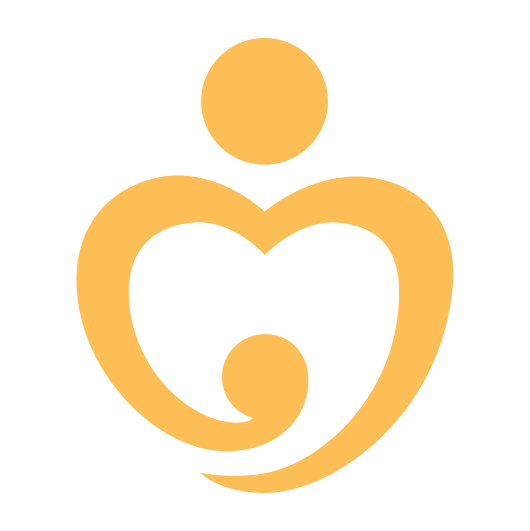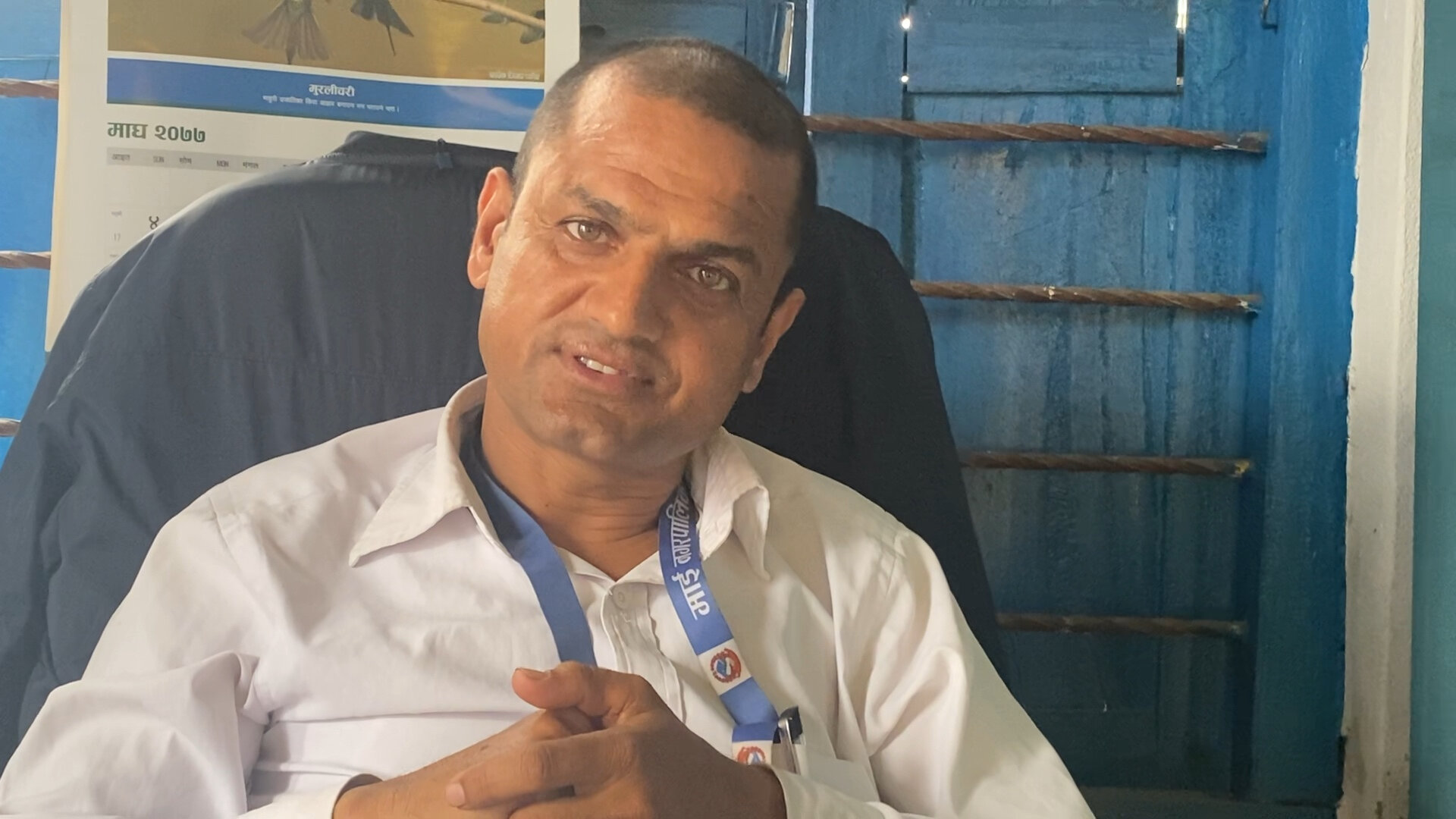Quality maternity care services in Nepal’s rural areas is bringing behavioral change in safe motherhood practices
By Naresh Newar in Danabari Ward, Mai Municipality, Nepal
Tulachan Chauhan is happy that her husband is home since he returned from Kathmandu after the nationwide lockdown started in 2020 due to the COVID19 pandemic. He lost his job and has been unemployed for the last year but Tulachan believes that they will survive with a few savings they have. She is glad that her husband will be by her side when she delivers their baby.
“We feel safe here in our village and now that we are having a baby soon, I am fully confident that we will get good care in our new birthing centre,” says Tulachan who lives in Danabari ward of Mai Municipality nestled in the hill district of Ilam, 500 km east of Kathmandu.
This will be her second child and she recalled how congested the birthing centre used to be. There were not enough rooms, the floors were not properly built and were difficult to clean. There was only one maternity bed and the nurses often struggled to help them.
“Now, so much has changed. There is a really nice and clean toilet and that really makes a difference for the mothers who will not feel discomfort anymore. I am also glad that sister Kamala has her own office room,” says Tulachan.
Nurse Kamala Shrestha smiles as she listens to Tulachan share her experience. She was the nurse who had delivered Tulachan’s first baby five years ago when she had just joined Danabari Health Post in this municipality. The health post had just created a birthing centre but there was only a handful of equipment.
“Today, everything is almost perfect. I also have my own work station where I can comfortably do counsel pregnant women and mothers,” says Kamala, who explains that she could go on and on explaining the changes that was made possible with support from One Heart Worldwide (OHW).
Kamala believes that people’s behaviours have changed a lot about institutional birthing. She shares that raising awareness is not enough to educate the people about safe motherhood but there has to be also a good system in place to convince them.
“Before, we used to have only one or two mothers coming to our birthing centre in a month but now we have over a dozen mothers coming with their families in favour of institutional birthing,” says Kamala.
The birthing centre was renovated in December 2020 at the Danabari Health Post in equal partnership between Mai Municipality and OHW. But renovation is not enough to improve care services at the birthing centre as Kamala and nurses often struggled with lack of inadequate and quality medical equipment.
Today, Danabari’s birthing centre has completely transformed and has received high acclaim. The government’s Gramin Ama, a rural mother’s program of Province 1, selected this as the best model for a birthing centre in all of Ilam.
“OHW gave us a complete set of high-quality medical equipment and maternity bed and all the essential things we were lacking due to the low budget of the health post and this has really helped our nurses to provide quality care,” says Pushkar Kattel, Chief of Health Division, Mai Municipality.
Pushkar recalls his own struggle for many years to find support for creating a quality birthing center at the health post and had been challenging for his team.
“We had other organizations coming to help us but there was no organization that came with partnership model like OHW did and this has been such an exemplary collaboration benefiting our community here,” explains Pushkar.
For Chandra Kala Shrestha, Female Health Care Volunteer (FCHV), the new birthing center has made her job easy to convince women to visit for pregnancy tests and antenatal care counseling.
“The new birthing center has really made a social impact because people have now seen that it looks like a hospital, and they have noticed equipment, the beds, the toilet, and sanitary environment. The local community is very happy with this transformation,” says Chandra Kala, who works closely with nurse Shrestha and the health post team to share information about safe motherhood in the community.
She regularly organizes group meetings with local women to talk about safe motherhood and most of the participants are pregnant women and new mothers to learn about maternal and neonatal healthcare. There has been a growing interest especially among the young mothers in the community and they also get full support from their family members for making visits to the nurse to check on their pregnancy status and get more information on safe motherhood practices.
“This is a big cultural change because I still remember when most women were very hesitant to visit the health post as they were scared or very shy to talk about their pregnancy outside the household,” recalls Kamala.
She shares how birthing was a family issue and that their senior female members already had experience and knowledge about traditional birthing at home. But today, they visit the birthing center even if they have to walk all the way to be better prepared, explains. Kamala.
“The new birthing centre has also helped to reduce expenses for the families as they used to spend a lot going to the cities during complications. Now we have trained nurses and they have all the equipment and medical facilities they need to provide good care of the mother and their babies,” says Kamala.
Physical renovation of and equipping birthing centres are not the only factors that help to improve maternal care services. OHW believes that system needs to be strengthened that could help sustain the quality services in the birthing centres. It has quality improvement process that includes capacity building of service providers not just for the birthing centre but also the whole health post. One of the key components of the process is OHW team providing on-site coaching to the nurses to upgrade their skills and knowledge.
“The nurses won’t be able to practice every skill and knowledge gained through SBA training in the past and there are often different types of complications we have to deal with.This is where OHW has been very helpful by mentoring us to refresh our skills,” says nurse Kamala.
One of her most challenging times as a nurse was after the COVID19 pandemic situation when most health workers were afraid to provide services. The local people were also scared to visit the health post. Kamala recalls how the nurses were never prepared to work during such volatile situation.
She recalls how all nurses were themselves at risk of being infected with Corona virus but they couldn’t also forsake their duties because there were several pregnant women in the municipality ward.
“But we found courage with help of OHW which gave us guidance, PPE kits and sanitizers. They were the only organisation who provided us support during such a time and we were able to continue giving our services,” says Kamala. She alone was able to reach out to 128 women across the municipality by making home visits to provide ultrasound services and deliver iron tablets. To support in Nepal government’s rural ultrasound program, OHW had provided the ultrasound machines that could be carried by the nurses to village wards.
“When I think about those days, I can never forget how OHW team had been so supportive when most health posts had been closed. And when people found out that our health post was secure, we had huge inflow of patients,” recalls Kamala.
Although close to the Ilam bazar (core town area), Mai municipality has a lot of challenges in terms of terrain, access to quality healthcare, and there is lot of hardship especially for the low-income families. But there is optimism among local stakeholders and families that maternal care services will improve with their upgraded birthing centre.
“Every time, the local residents come here to the health post, they seem impressed. It is especially the residents who have returned from abroad and Kathmandu, where they had migrated for work, always say ‘wow’ after seeing our birthing centres. That is the result of the partnership and we really want to thank OHW,” says Pushkar.







